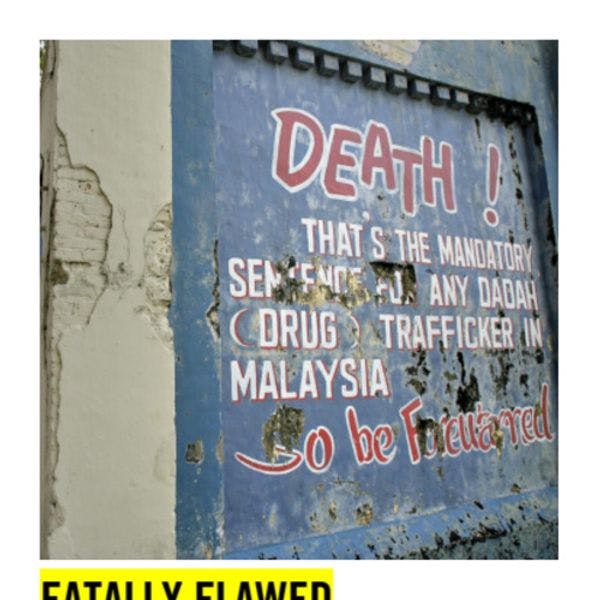Fatally flawed: Why Malaysia must abolish the death penalty
Hoo Yew Wah, a Malaysian national of Chinese ethnicity, has been on death row in Bentong prison, Pahang State, since 2011. Arrested in 2005 at the age of 20 for possession of 188.35 grams of methamphetamine, he was convicted on the basis of a statement he made at the time of arrest in Mandarin, his mother tongue, without a lawyer present and which the police wrote down in Malay. He later contested this statement in court, noting inaccuracies and adding that the police had tortured him by breaking his finger during interrogation and threatened to beat his girlfriend to make him sign it. With the judge dismissing these claims without further investigation, Hoo Yew Wah was automatically presumed to be guilty of the charge of trafficking drugs and was sentenced to death, the only possible punishment for this offence. His judicial appeals failed and his petition for a pardon has been pending since 2014. Like all others on death row, he is not at imminent risk of execution since the government has established a nation-wide moratorium on executions in July 2018 – but remains in limbo.
Hoo Yew Wah’s case illustrates the many violations of international human rights law and standards associated with the use of the death penalty in Malaysia, as documented in this report. These include lack of adequate and timely legal assistance, concerns of torture and other ill-treatment during police interrogation, the reliance on statements or information obtained without a lawyer present, the presumption of guilt in cases of drug trafficking, secretive pardon processes and the extensive use of this punishment for offences that do not meet the threshold of the “most serious crimes” or intentional killing to which the death penalty must be restricted under international law.
The scale of the problem is significant. As of February 2019, 1,281 people were reported to be on death row in Malaysia, including 568 (44%) foreign nationals. Of the total, 73% have been convicted of drug trafficking. This figure rises to a staggering 95% in the cases of women. Some ethnic minorities are overrepresented on death row, while the limited available information indicates that a large proportion of those on death row are people with less advantaged socio-economic backgrounds.
